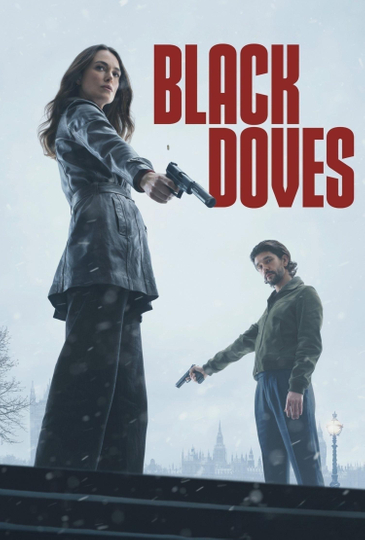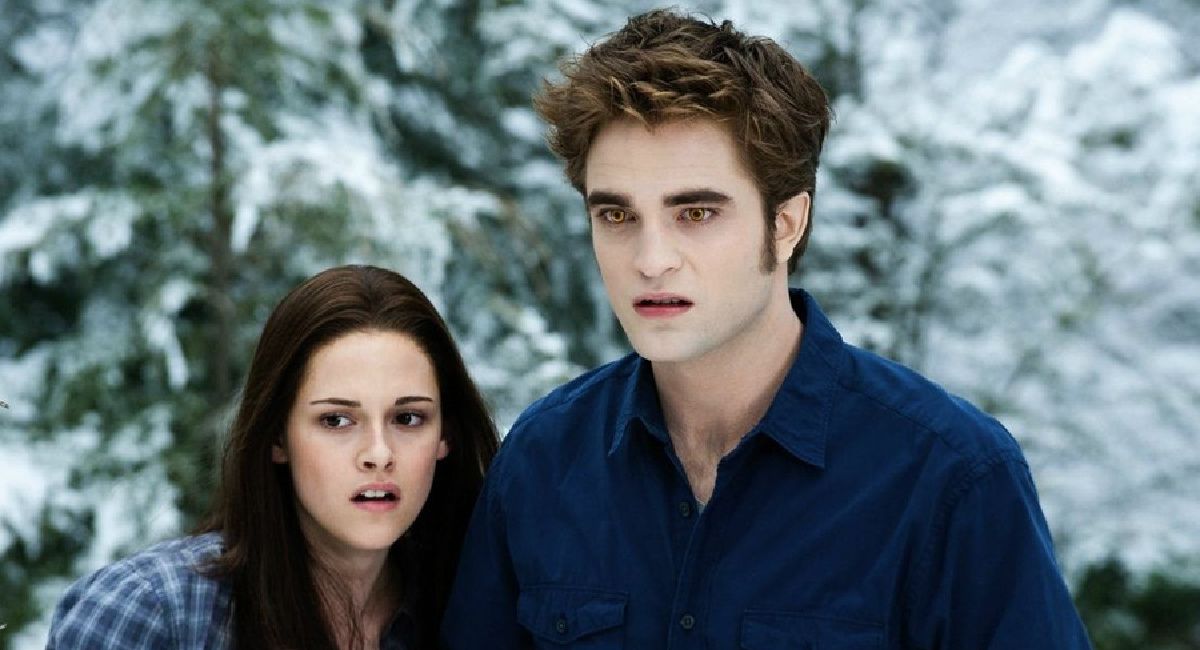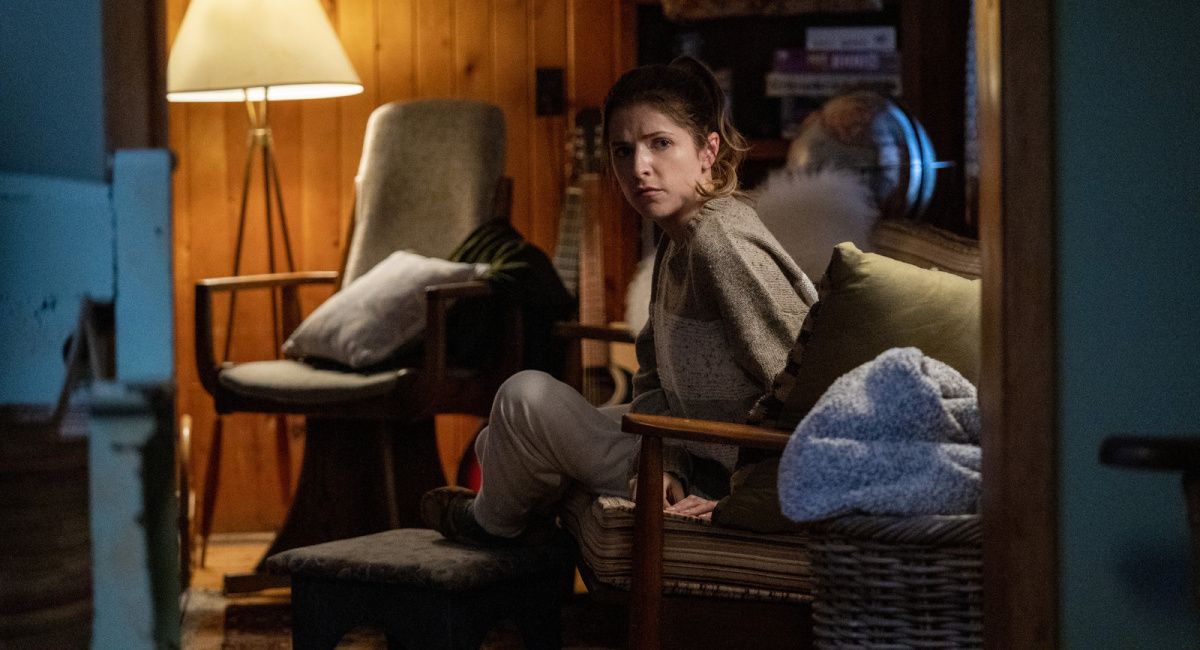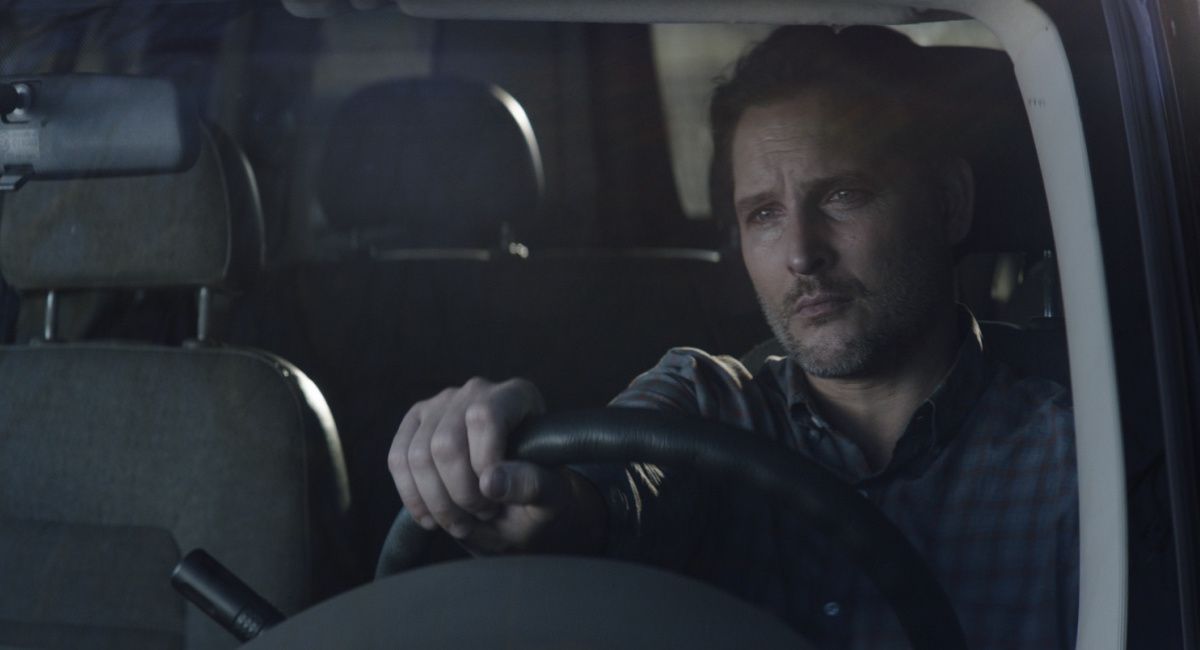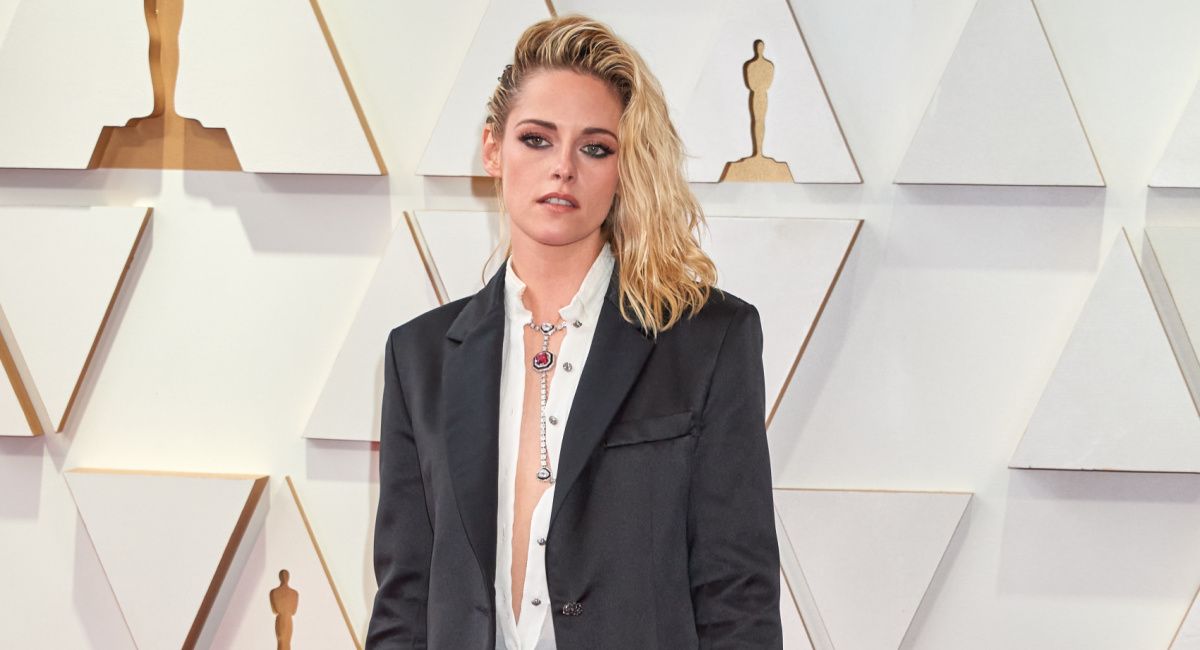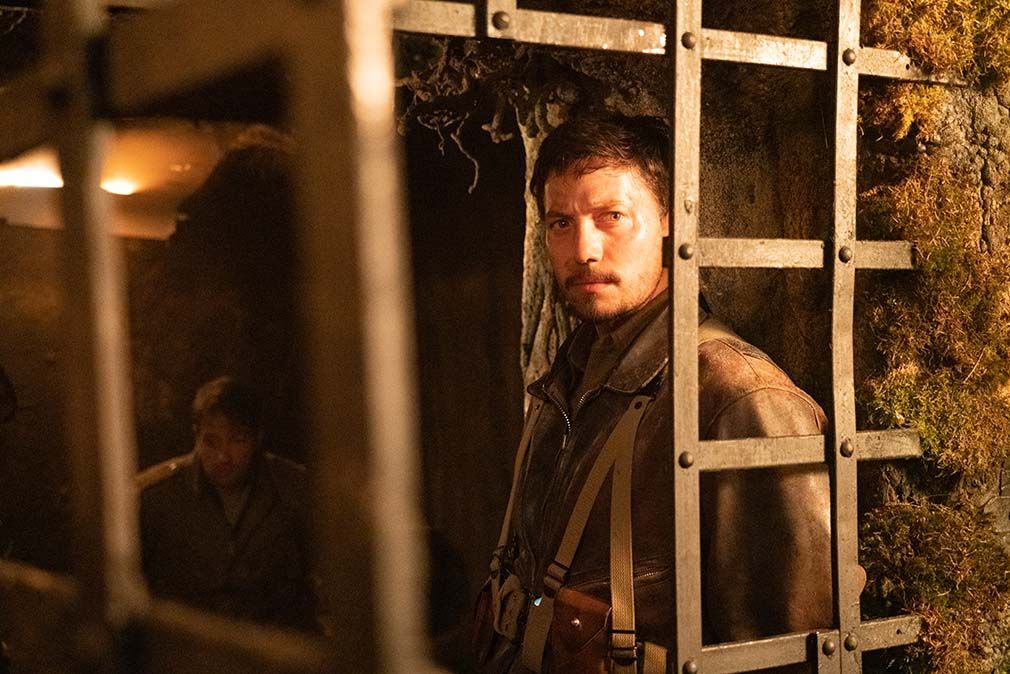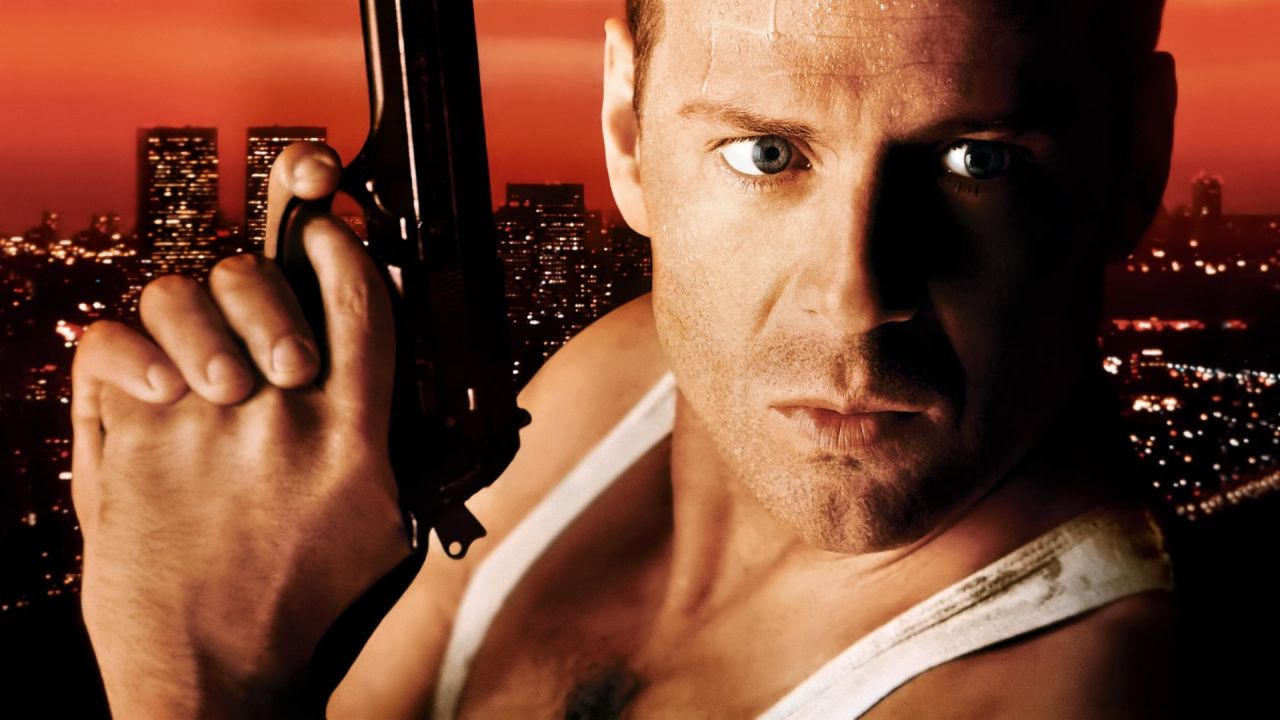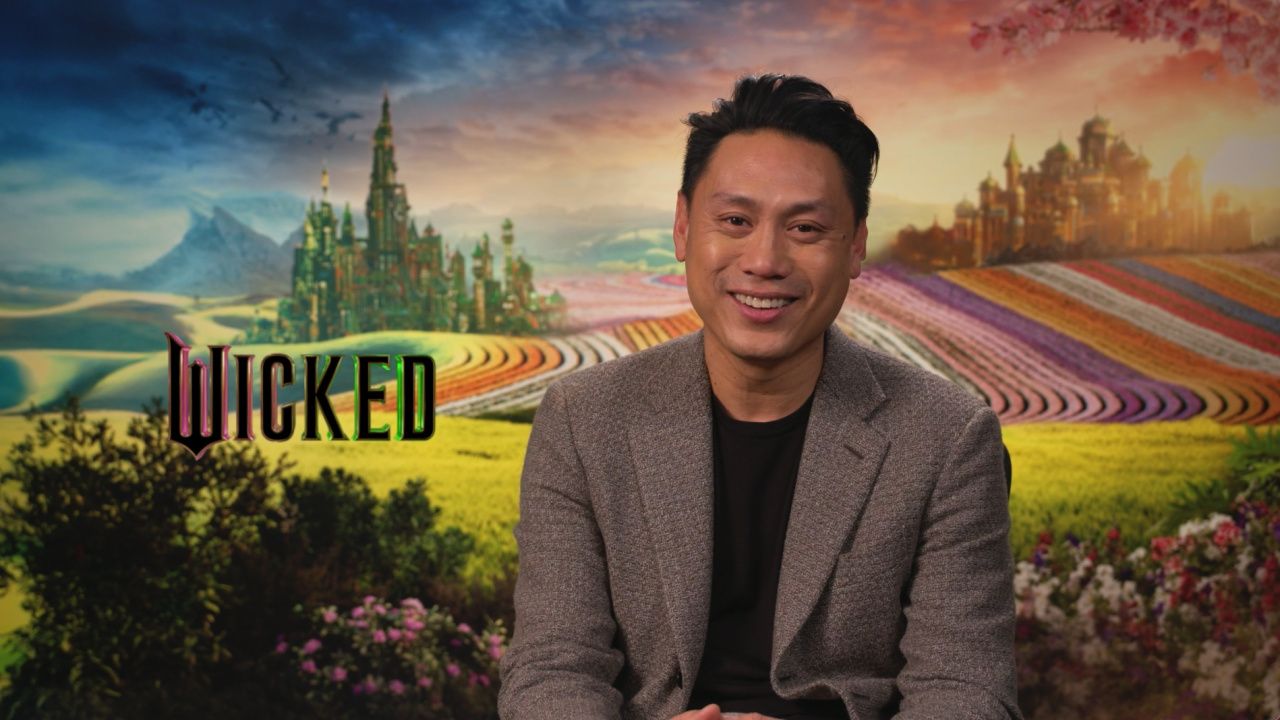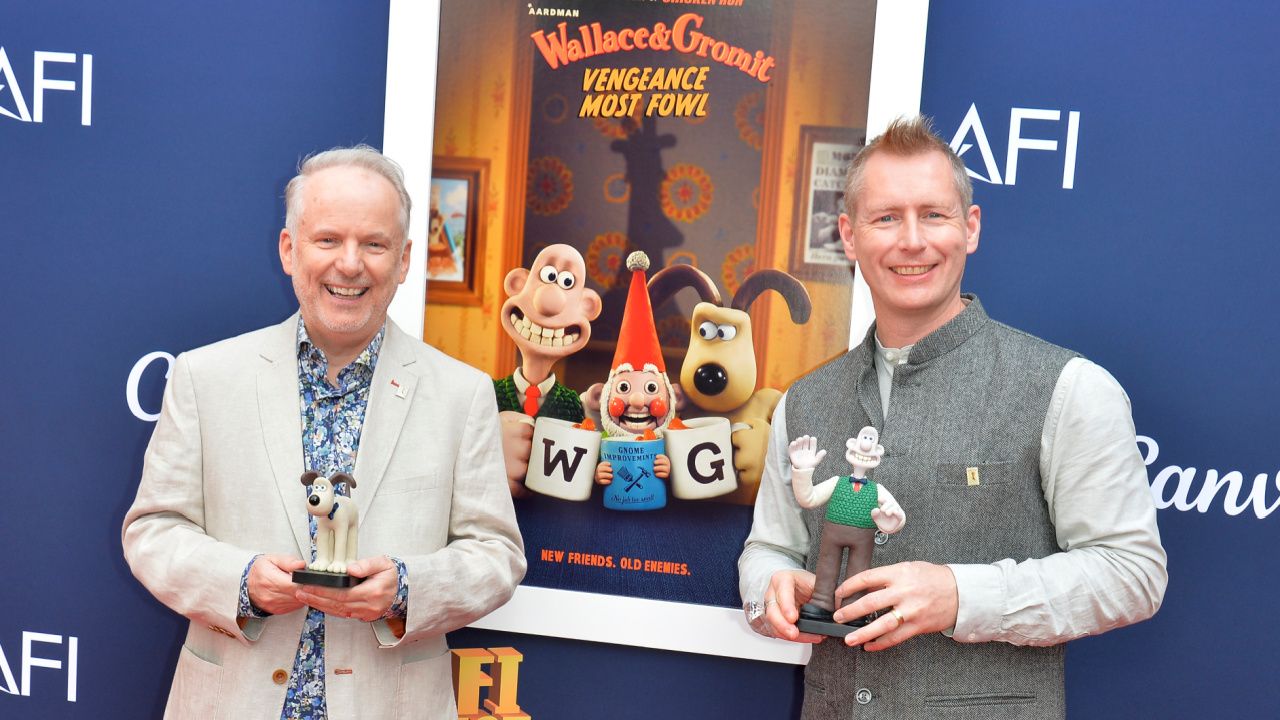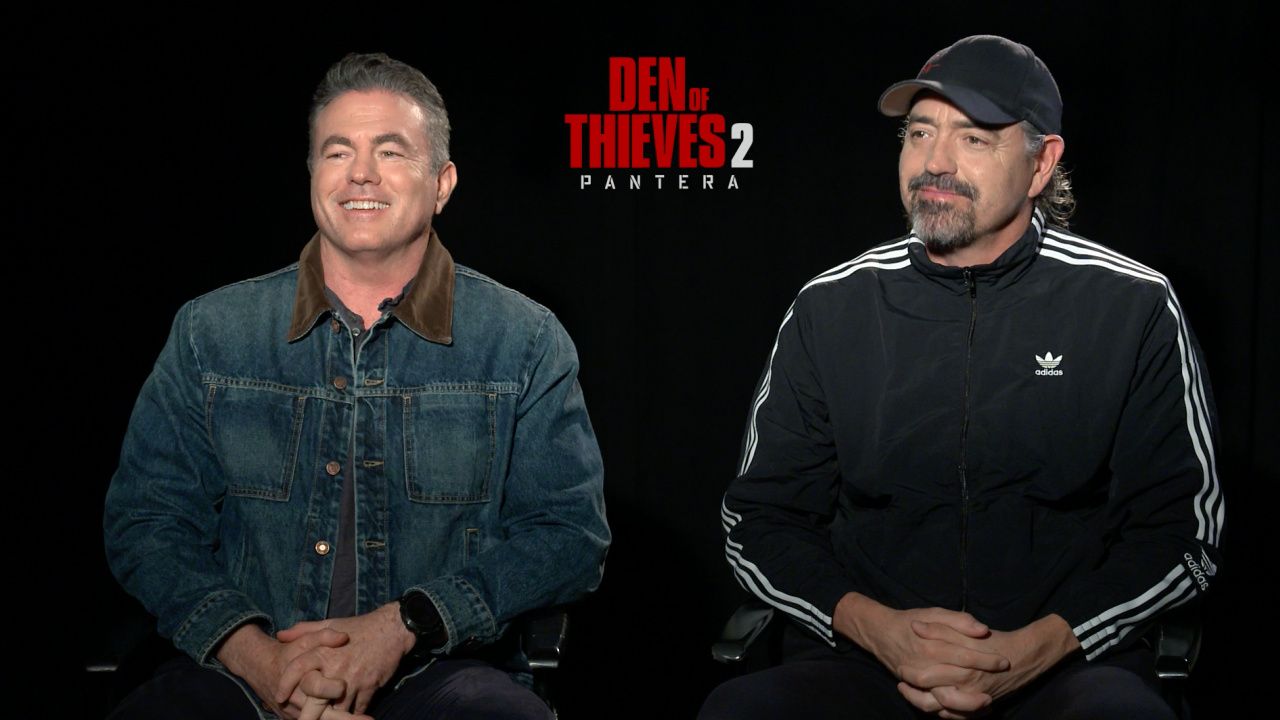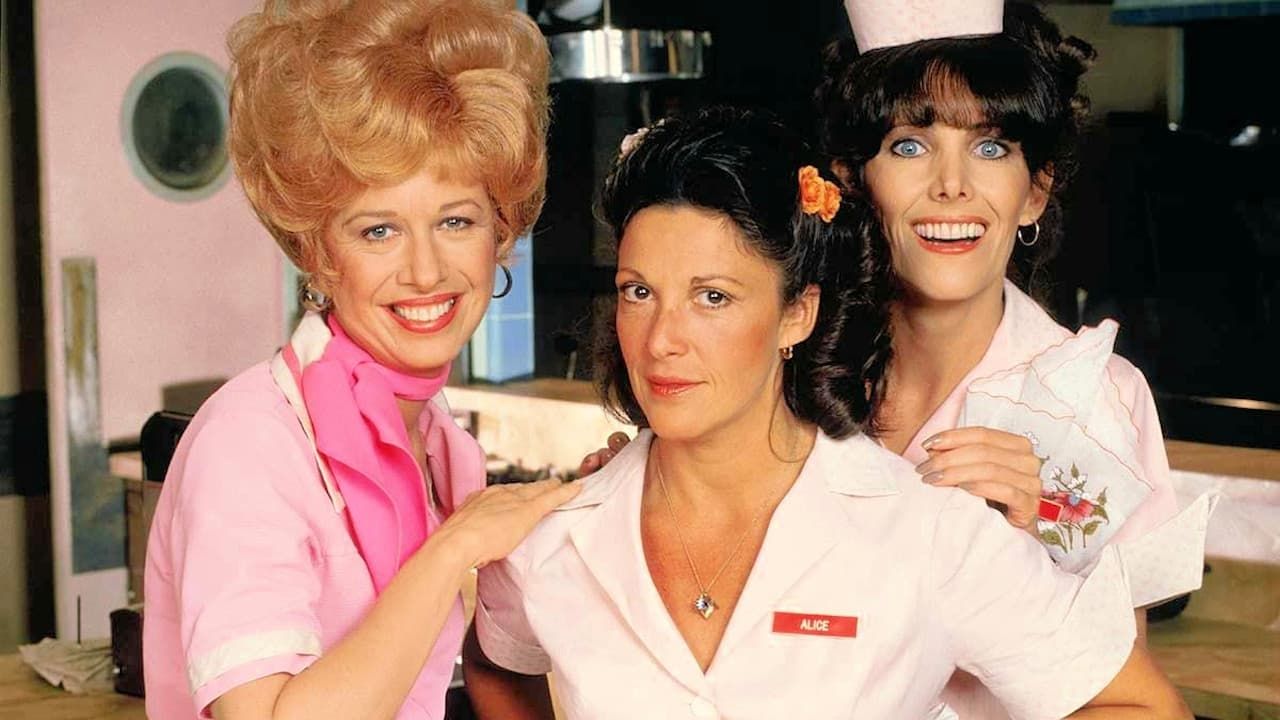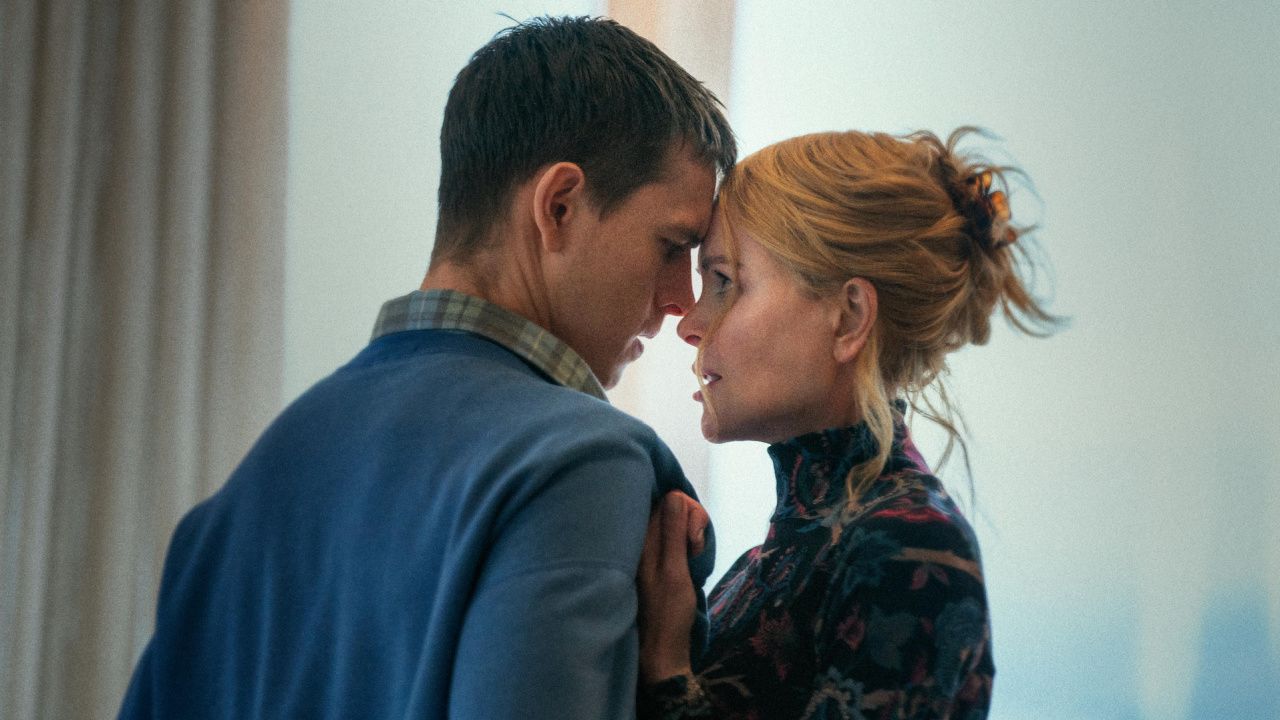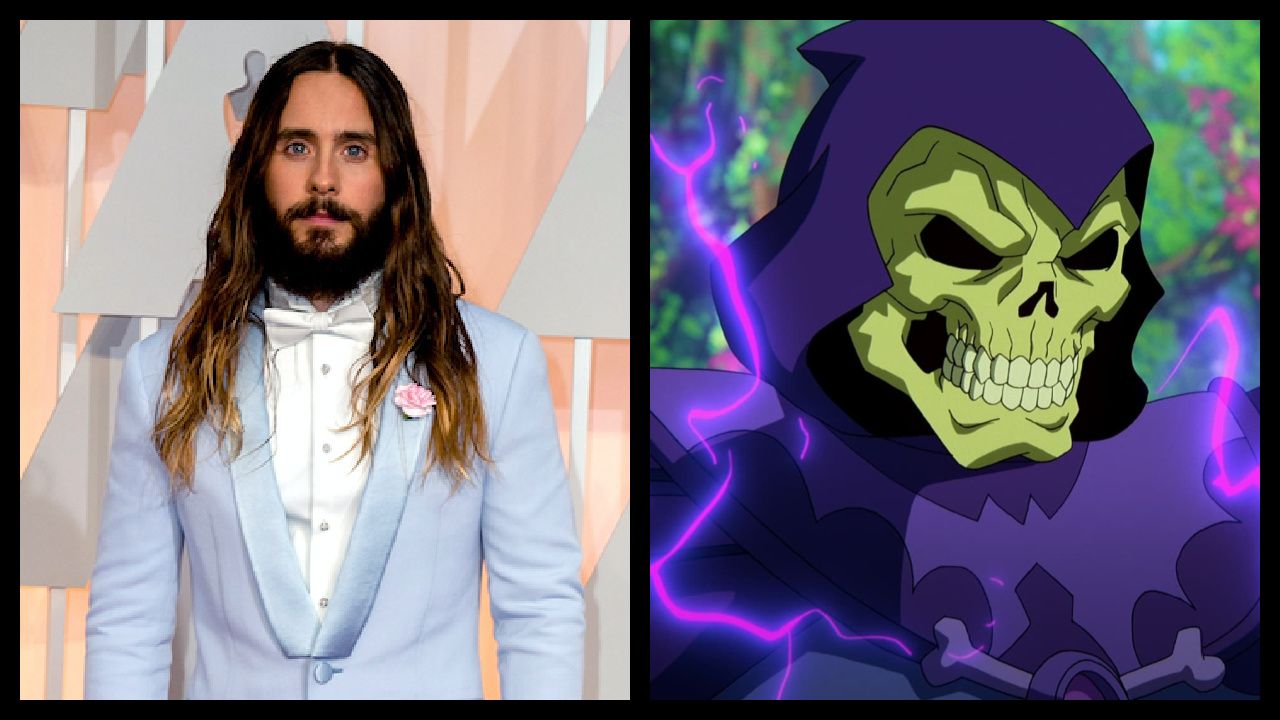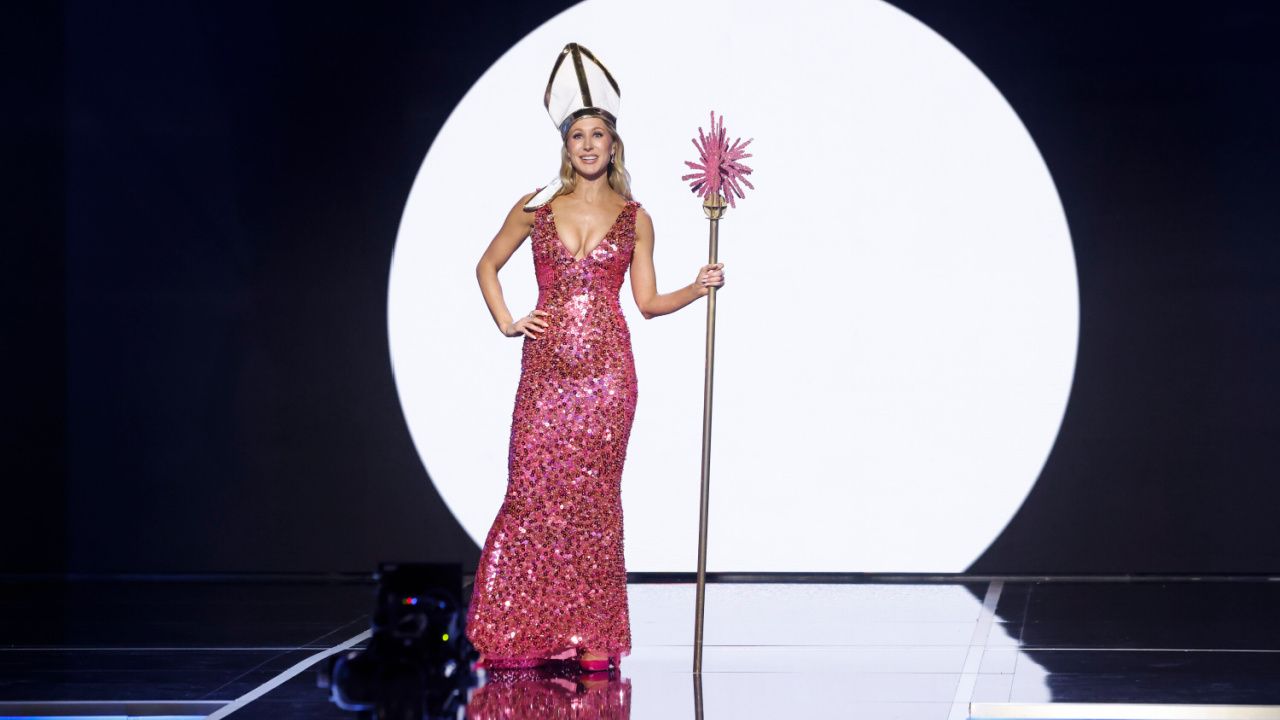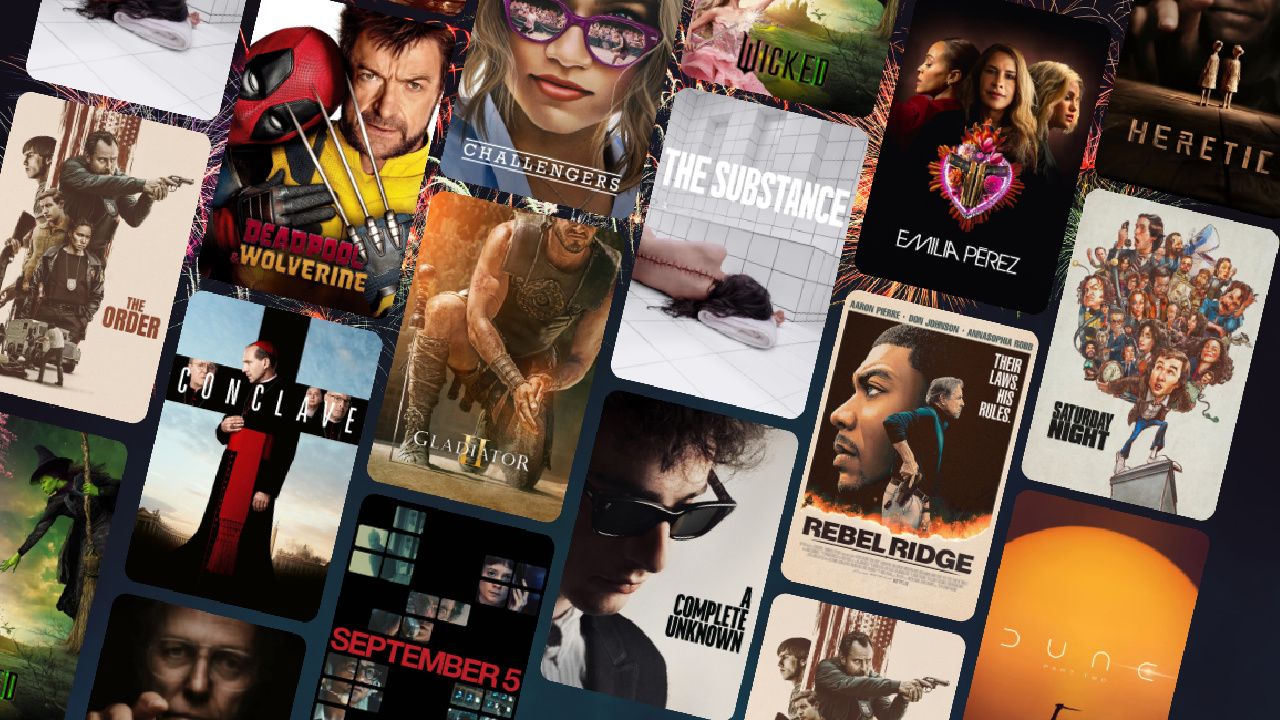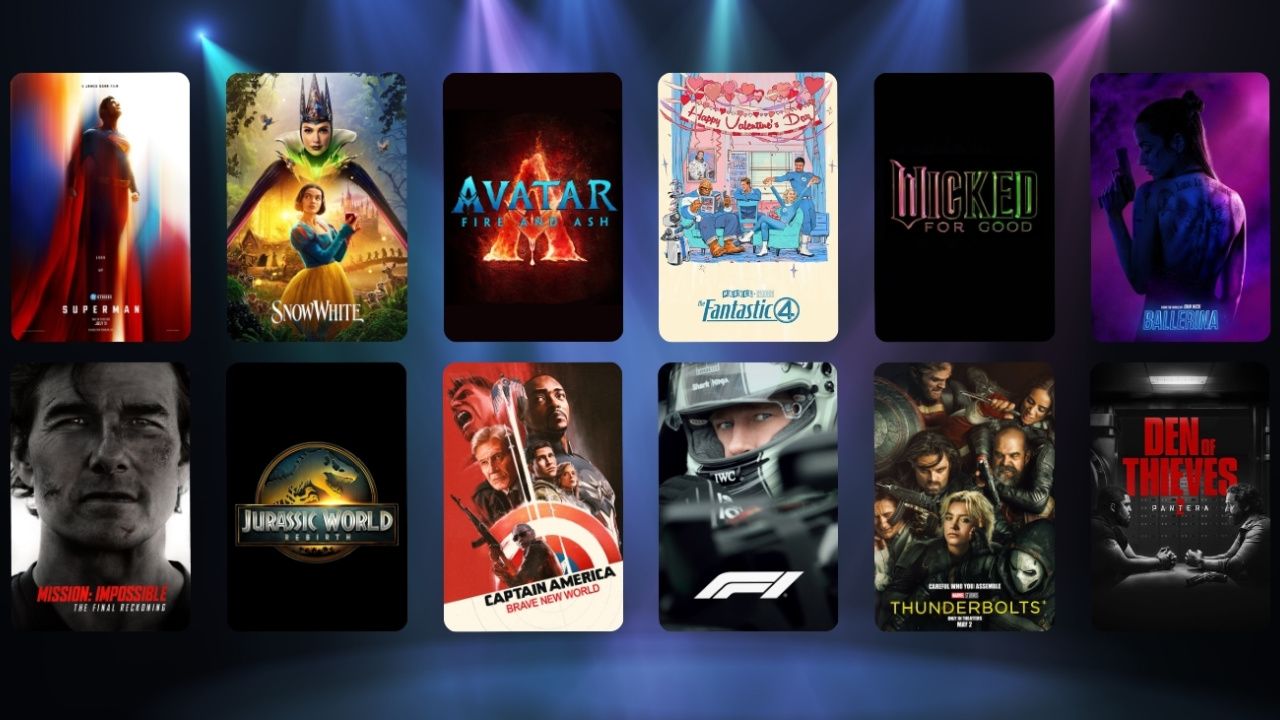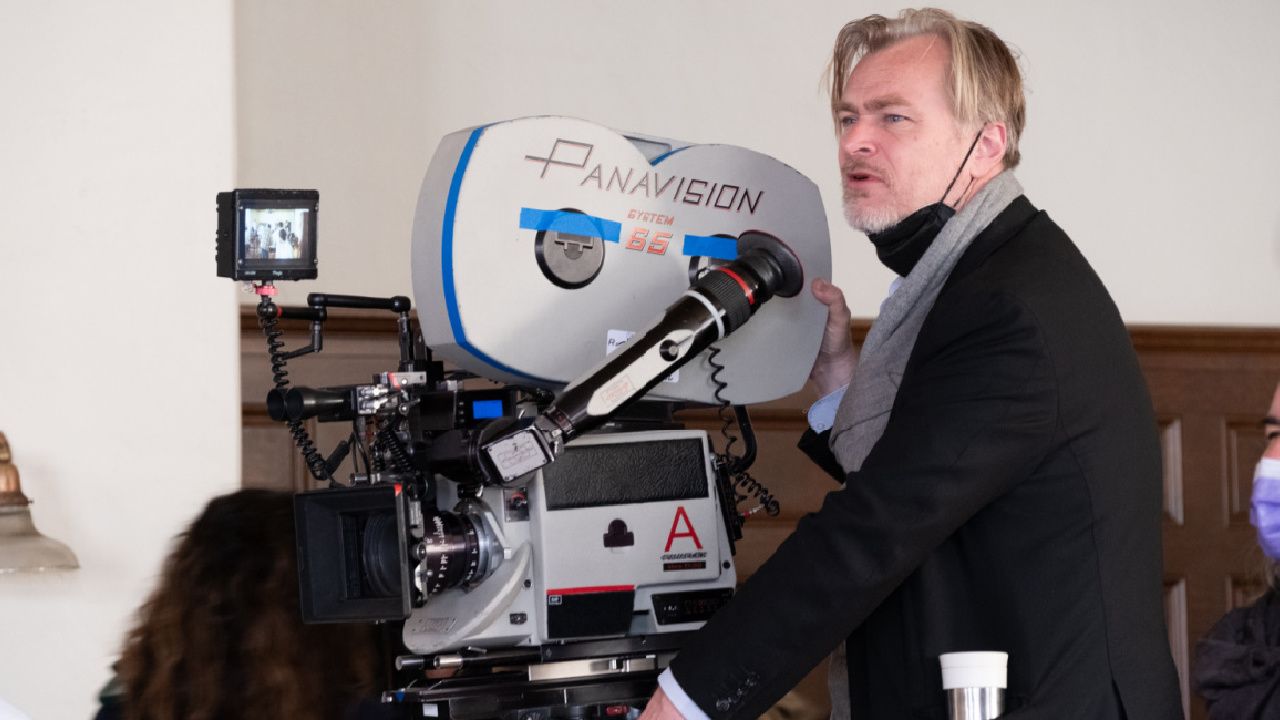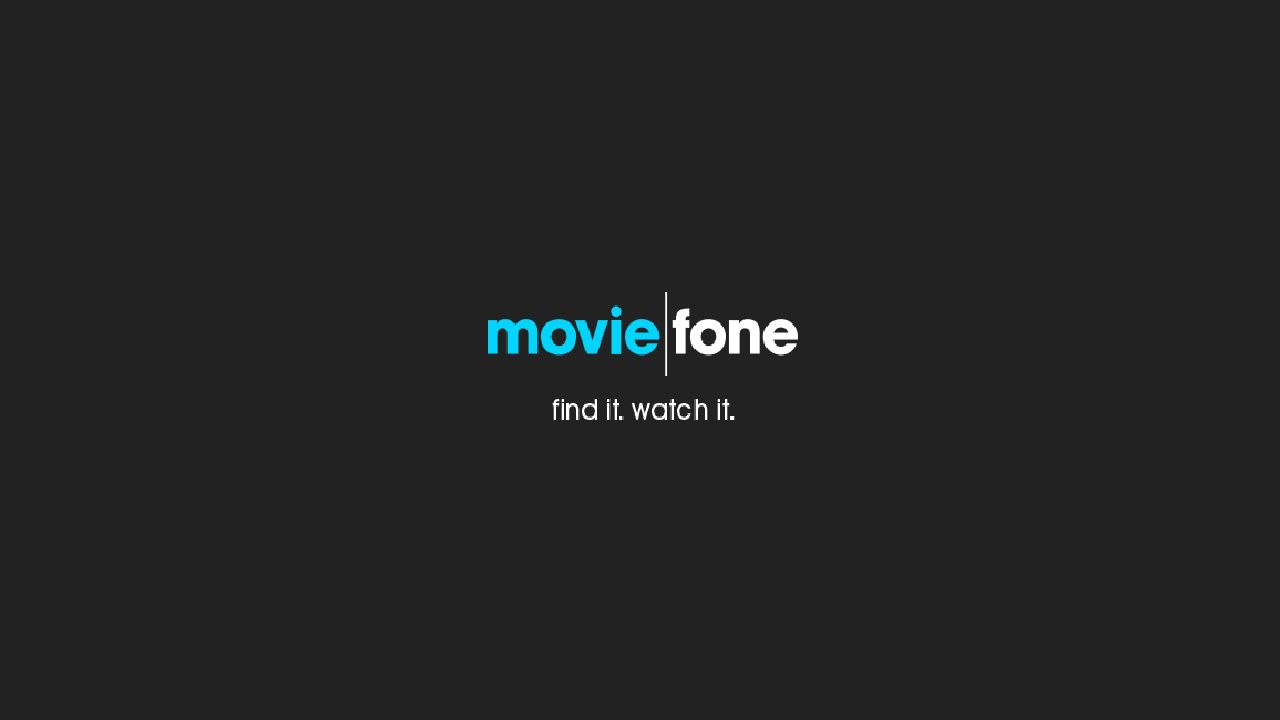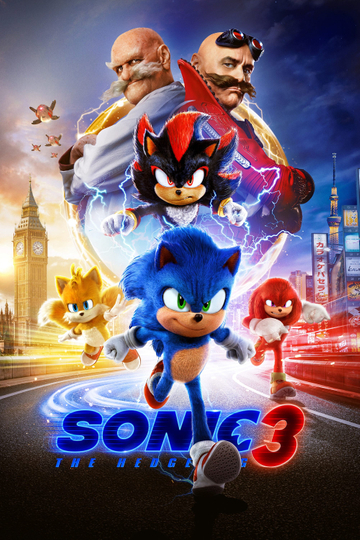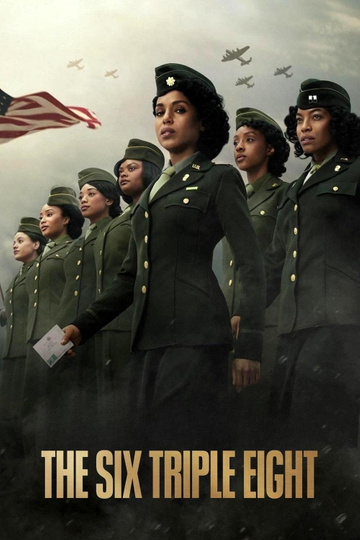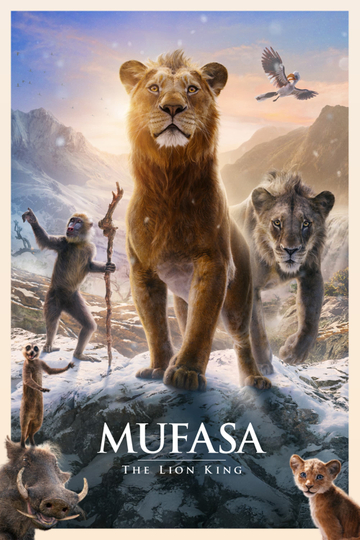From 'Manhunt: Unabomber' to 'The Melendez Murders,' Elizabeth Reaser Is TV's True Crime Queen
Elizabeth Reaser may not have expected to relocate from the shadowy "Twilight" world of vampires and teen angst into a realm of sensational, ripped-from-the-headlines true crime, but she's perfectly happy taking up residence there.
After building an impressive resume on the small screen in the wake of "Twilight's" mega-success –- including high-profile guest stints on the debut season of "True Detective" and the final season of "Mad Men" –- Reaser is becoming an increasingly familiar face in series that were inspired by headline-making crimes of the 1990s. She currently appears in the Discovery's first scripted miniseries, "Manhunt: Unabomber," and she'll soon appear in a key role in the first installment of NBC's new "Law & Order True Crime: The Menendez Murders."
And as she reveals to Moviefone, she's a true crime addict enjoying the current niche she occupies, content to be a working actress exploring ever darker new worlds.
Moviefone: After years of working on the "Twilight" films, was it nice to have your schedule free up and be able to explore further opportunities like this?
Elizabeth Reaser: Oh gosh. Yeah, it's been completely different. So many different things that I've gotten to do between "Mad Men" and doing plays in New York, and "Easy," the Netflix thing that I did with Joe Swanberg that was all improvised. It's just been a great, great time.
What did you see in "Manhunt: Unabomber" that tripped your radar and said, "I think this is a project I want to be a part of?"
Well, the true crime stuff, I confess to being obsessed with! Any of those kinds of shows I get really sort of sucked into, and I thought the writing was really good and illuminated just a lot of stuff that I didn't know about.
When I was growing up it wasn't interesting to me, the Unabomber. I was young, so I learned a lot about it, and just how they caught him I thought was really interesting, and they were able to tell that story but also get into the domestic lives of these people, which made the whole thing feel very real and more high stakes in the way that it was at the time.
What was the eye-opening aspect of this story, for you?
Well, for me, I was really interested in playing this woman because she's the wife of the FBI profiler who caught the Unabomber, Jim Fitzgerald. Her name is Ellie Fitzgerald, and she was a nurse and had a very full, important life of her own, which we don't explore at all.
What really interested me about her was that she wanted nothing to do with us, the real person. I've never met her, I've never seen a picture of her. All I know is that she was a nurse, she has sisters, she's devoted to her family, and the person that emerged, that came off the page, I felt was a really interesting woman -– a smart, cool, loving person that I just thought would be interesting to get into with Sam Worthington, so we just got to develop this relationship on screen.
If she had been interested in talking to you, what kinds of things would you have wanted kind of ask?
Oh, I wanted to ask her how she felt about Jim, about how she felt about her husband and about his work and what she wanted for her own life and what was important to her, what she cared about. And [how she felt about] her kids, and her life as a nurse because I know she was a nurse from a very young age. She, I think, did a lot for her community.
I think she's very, very private, which in this day and age makes her even more interesting to me. She wants to keep her life to herself, and I guess I'd want to know what's important to her about this story. Because it's a responsibility when you play someone who's a real person, and I care that whoever she is, that at the end of the day that she's not mortified by my portrayal of her. I want her to feel not forsaken, I guess. I feel responsible to her, but I'll never know.
What was the thing that you learned about Ted Kaczinski that most surprised you? Because this is as high concept of a criminal as there ever was, what was the eyebrow-raiser about him or his story?
I was really fascinated by the brother aspect, with David's relationship to Ted, and the fact that David -– and his wife actually, the wife of David Kaczynski -– really recognized his way of speaking in the manifesto that was published. She spoke to David Kaczynski and had to convince him, and then he had to convince himself, and take the step to turning his brother in. That was something I didn't know about.
I just didn't know enough about the Unabomber before any of this, and now I know far too much, but it's interesting how many people, when I've told them about that I was doing the Unabomber project that they said, "Oh, I really agree with his manifesto."
So many people, he really had a lot of things to say that were, some of them were totally wrong on so many levels, and then some of them, his ideas about technology and certain things that are way more resonant now then even then. That so many people actually related to the Unabomber's message is just really, really interesting.
Tell me with the true crime genre in general, what draws you in, what lures you in to those kinds of stories?
Well, I think the OJ [Simpson] one, I remember being young, again, during all that stuff and not that interested at the time, but I remember my dad watching the Bronco live, and I remember thinking Why does he care? What is this?
But I just remember, that really changed the world in a way. Those cases, that and the Menendez brothers – which is the other thing I'm working on right now, the "Law and Order" true crime Menendez brothers, so all I do now is true crime!
And 90s era-specific true crime!
Which is so interesting, because those were televised, and those ratings that they got had a big impact, obviously, going forward with how we consume television and what we consume.
Now that you've taken a good look at that story, what was the intrigue for you there?
Well, it's intriguing to me because the idea of the abuse excuse and obviously there was something in that family that was poisoned. But for my money, it's legally irrelevant. It's entirely irrelevant. And I'm playing a prosecutor of that case, so that's a really important point for me. I'm very inside it right now, but what we're doing is we're exploring a lot of that stuff and how the legalities of that.
It's also just such a horrific, wild, and just an insane story. I mean, you see why it captured the imagination, and I think being in Beverly Hills and with all that money and being good looking, all these elements just add up to good television, and that became a part of the case itself. I think that was something also that happened with the O.J. stuff. The way we started consuming these things went.
You really established yourself with some standout roles on television and then you went into one of the biggest movie franchises of all time. And now you're back here in TV, where TV's evolved into almost long-form movie-like quality. Tell me a little bit about that experience to be right in the thick of it during this significant evolution of how we watch our entertainment.
I just think we're so lucky. At least as an actor and as someone who loves to watch, I just think it's so much better. [Television is] so much better than the majority of movies I think, just from my taste. I know it's hard to get people to go out and see movies, and I get why.
Then you get to watch something like "Manhunt" or something like this, and you get to watch it unfold over a longer period of time. You get to delve deeper. It's because the writers too are getting a lot more power. Writers in television have the power. It's all about the writers and the producers, so the storytelling can go much further, I think.
Are you drawn to darker material? Is that the stuff that you tend to want to be in?
I always was when I was younger, and I definitely am, but I think sometimes it's just my face! It seems sad or serious or something, because in my real life, I would love to do comedy. I got to do a little bit of comedy on "Easy," the Netflix thing, and some things here and there, but people just don't see me, unless they know me, they don't see me as a funny person.
They see me as someone who can cry and be dramatic, but I'm happy to do it. What more interests me, whether it's funny or serious is just telling the truth and trying to be as honest as possible, whether that's comedy or drama, whatever it is, I just want to tell a story that feels real to me. That's always what's the most funny, or the most moving or the most interesting to me, the moment-to-moment sort of reality.
What does it mean to you to sort of know that because of your "Twilight" experience, there's always going to be a certain fanbase that's going to check out whatever you do? They love you in those movies and they'll say, "Oh, she's in this? I'll watch that." Is that a cool extra to have as an actor?
It sure is. I'm very grateful to have done "Twilight," first of all because it was just an incredible experience, and to touch -– touch sounds so weird, but to be able to reach that many people all over the world. I mean, that just doesn't happen very often.
I didn't know it was happening while it was happening. It was a wild, crazy ride for all of us, and now, yeah, I think that those kids are growing up, and I always hear from them on Twitter and stuff. It's very sweet. It's a real fandom, and they're still committed to it.
What was it like for you to step off that ride and look at what was next? Was it an unusual experience?
It was unusual. It was hard. It was hard trying to get jobs after that. I had some long stretches where I didn't work very much. I was really trying to find my way back into feeling like an actress again, because when you do a big movie like "Twilight" a lot of times you don't really do much acting. A lot of times you're just getting your hair and makeup done, and you're standing in front of a green screen, or you're running through a forest. It's all part of your job, and so lucky and grateful to be doing it, but it's not like going and doing a play at Lincoln Center where you're really being challenged as an actress
I felt like after that it was really important that I sort of learn how to act again and invest in serious stuff so that I could begin to sort of work in a way that felt, I don't know, just meaningful to me from an acting standpoint.
I imagine your role on "Mad Men" did a lot to get more work coming your way all of a sudden. People went, "Oh, yeah. Okay. She can do that?"
Yeah, "She's not just a person in white makeup!" No, "Mad Men" was great because Matt Weiner's just a genius, and he controls every aspect of the storytelling, and it's just so high-end to get to work that way, and with Jon Hamm, who's such a brilliant actor. I was also such a huge fan of it, so it was like stepping into a fantasy.
I bet. What are you looking forward to? After these current projects wrap, what do you think's next on this horizon?
Well, I don't know. There's some things, like, bubbling up, some more very exciting things, but I can't really talk about it yet, but I just feel lucky. It's funny because sometimes people don't realize how truly hard it is to get an acting job, no matter where you're at in your career, and every time I actually get a job, it feels like a miracle of some sort.
I grew up in Michigan, and I still feel like that person that couldn't even dream of a situation where I'm sitting here with you right now doing an interview, talking about a TV show that I'm in. The fact that I'm on television still kind of blows me away every time I see that or every time someone even says to me, like, "Oh, I saw you in the ..." It's like a shock every time, because it still doesn't seem real after all these years. I'm just so excited.







